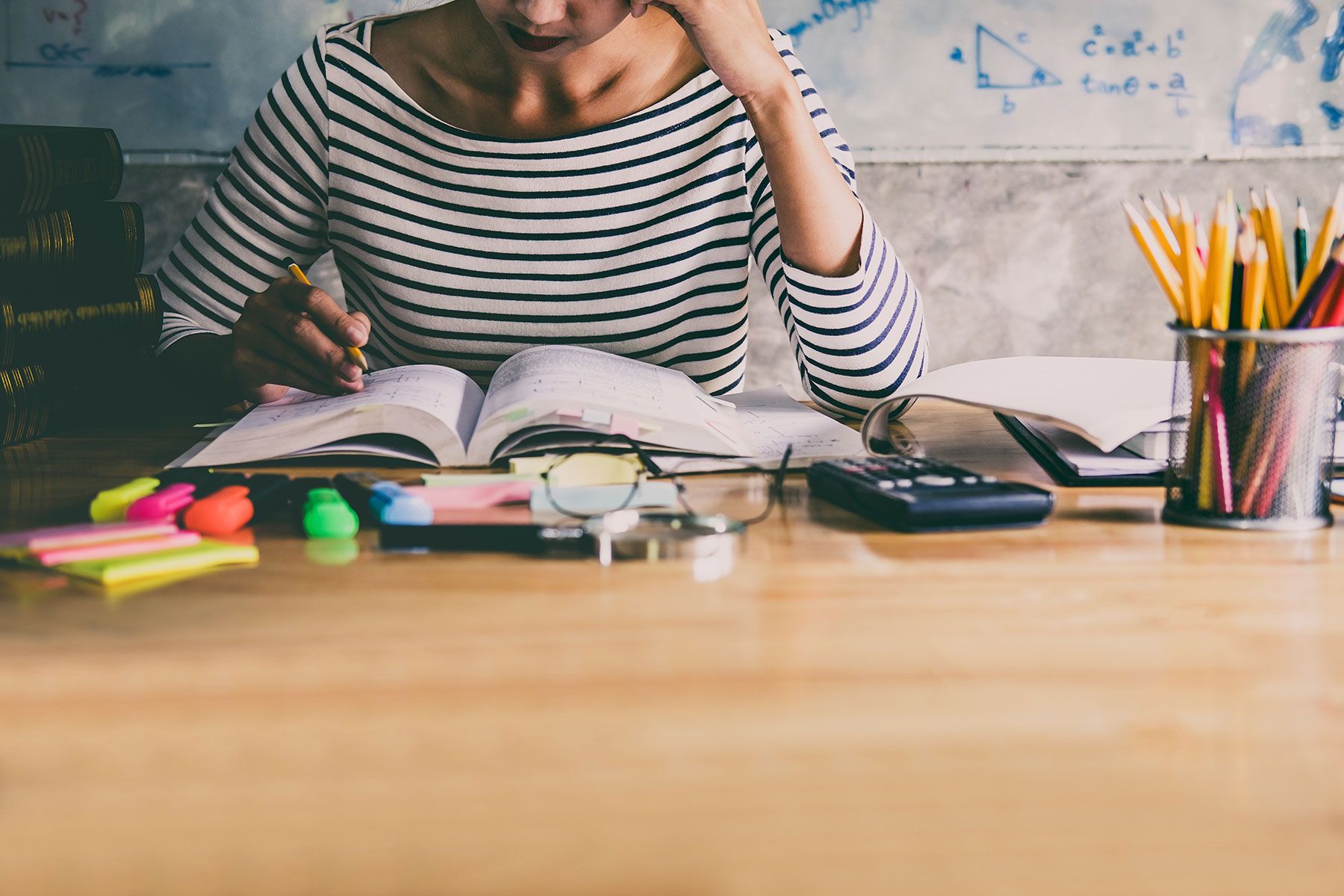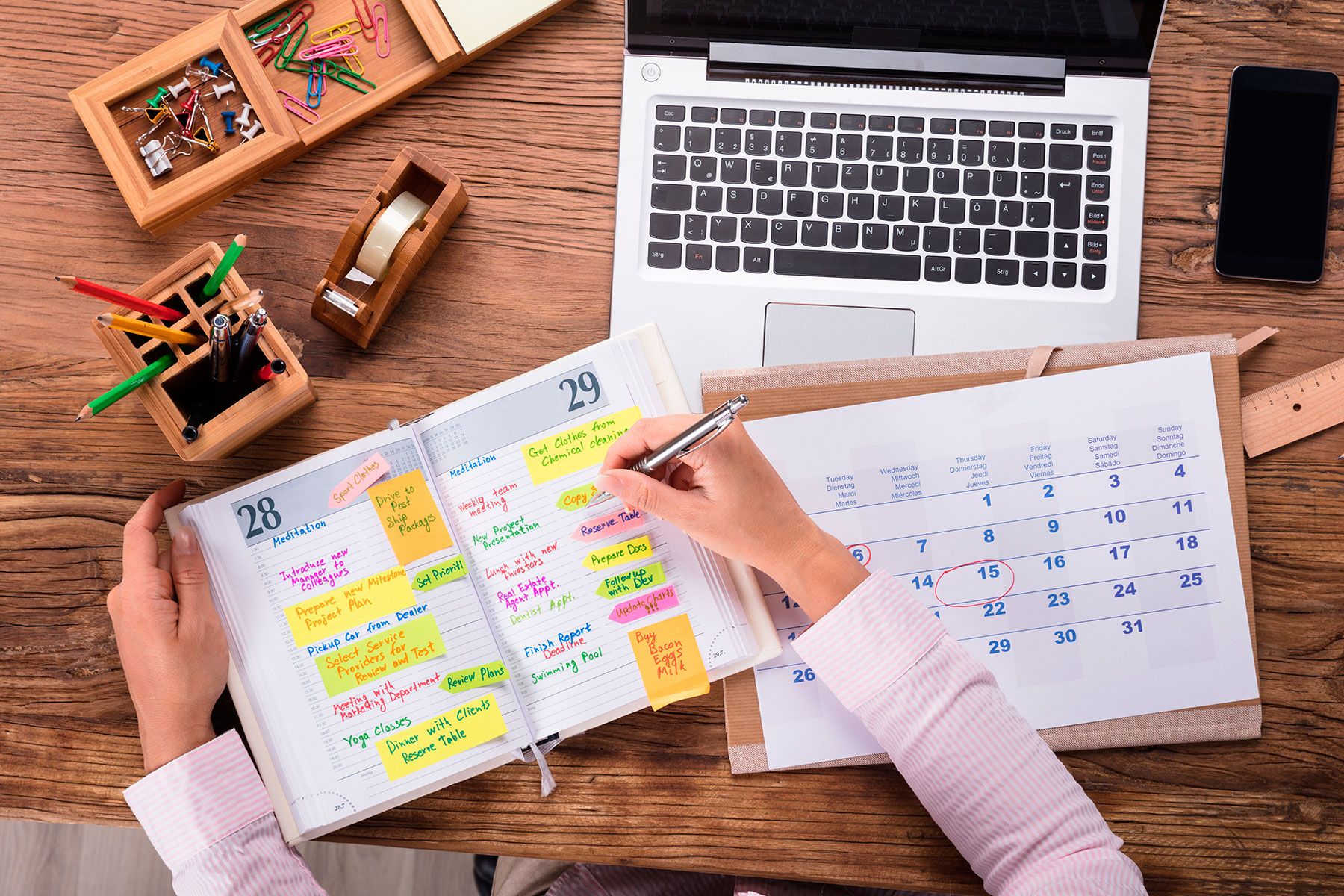Classes are about to start and you are already probably thinking about what you can do to get good grades this year. Do you want to study better and more regularly? Do you already have a plan? We have prepared one for you, starting with 4 tips to study effectively that will help you to achieve the results you want.
Tips for studying better that really work
168 is the number of hours in a week. You probably think that this is not enough for the amount of work you have to do and the exams you have to study for – in addition to other activities and commitments you have in the diary. If you work and study at the same time, it can become even more challenging to find free time.
So, if you’re short on time for the amount of things you have to do and when you have to study and getting lower grades is not an option, the secret is simply to improve the way you study.
1. Find out what your learning style is
We are all very different and, of course, we all have different ways of learning and taking in the material. There are four main learning styles. Find out what your style is and make the most of it.
- Visual / Spatial: visual learners learn best via diagrams, colors, videos and patterns. Drawing schemes can also work well for you. When you are sitting your exams you will be able to remember figures more easily.
- Auditory / Musical: Auditory students learn better by listening. They respond well to audio signals, such as speech, music, rhymes and other sounds. Try to make songs and rhymes with your revision material.
- Linguistics: Reading / writing students learn best from reading and writing down the material they need to revise. Summarize what you have learned in class and the material provided by teachers.
- Corporal / Kinesthetic: Kinesthetic students generally retain information better. They like to interpret papers, build models, draw diagrams and make “memory flash cards”. They need to put the concepts into practice in the real world.
2. Always study in different environments
For a long time, it was believed that studying in the same place was the perfect method for our brain to stay focused and thus retain information in a better way.
However, in recent years, new ways of interpreting studying habits have emerged. An American study shows that by regularly changing your place of study, you are enhancing your learning ability.
In this study, psychologists found that university students who studied a list of 40 vocabulary words in two different rooms – one without windows and cluttered, the other modern, overlooking a courtyard – had much better results than students who studied the words twice, in the same room. Subsequent studies confirmed these findings.
What happens is that the brain makes subtle associations between what it is studying and the sensations it has in the moment, regardless of whether those perceptions are conscious or not.
If you are living in a student residence in Lisbon, move between your room, the common areas and the library. Whenever you can, try studying in cafes or even gardens. See what works best for you.
3. Organize your schedule and stick to it
Planning is the key and also one of the most effective study techniques. Whether it is a paper or e-diary, it can be very useful for organizing your days and reducing anxiety, due to it giving you the feeling that you have “everything under control”.
Plan your study time in advance, instead of waiting for it to happen somewhere between your social life and classes. Allocate specific hours in your schedule to studying and try to stay as dedicated as possible to them.
Ao criares um cronograma de estudos na tua agenda, estás a criar um compromisso e uma rotina, o que te ajuda a garantires que o teu estudo está organizado e dividido de forma inteligente entre outros assuntos e compromissos, conforme necessário.
4. Enjoy the lessons as best you can
Even though we are all very different, being present in all classes and retaining as much information as possible during those hours is possibly the best study tip we can give you.
Get out your notebook and take notes. We all have our own annotation method and what works best for you is usually influenced by your learning style that we talked about earlier. “Visual learners”, for example, find the use of colors and titles of different sizes more useful than auditory or kinesthetic learners.
Here are some suggestions for making notes:
- Sit in the front row and in the center
- Take all the material you need with you (notebooks, colored pens, pencils, post-its)
- If you are an “auditory learner”, and if you are allowed to do so, record the lesson
- “Concentrate on concentration” or, in other words, make a conscious effort to pay attention to the class and absorb what is being communicated. Actively participate in the class and ask questions to stay motivated
- Begin each class on a new notebook page, with a clear title that identifies what the class is about and its date
- Develop an annotation technique that best suits your learning style. If you are a visual learner, draw diagrams to help you understand the subject in question
- Avoid writing complete sentences. Uses markers, abbreviations and symbols to make notes faster
- Whenever possible, re-phrase general ideas into your own words
Remember that studying more does not mean studying better. And studying better doesn’t mean being successful in college alone. Assimilating and adopting these study tips will be genuinely useful to you throughout your life.
Focus on your ability to retain information now and you will be well prepared to progress faster and achieve all of your goals, not just at school, but also in your career and personal life.
Do you know any other study tips that work? Share them with us in the comments.







